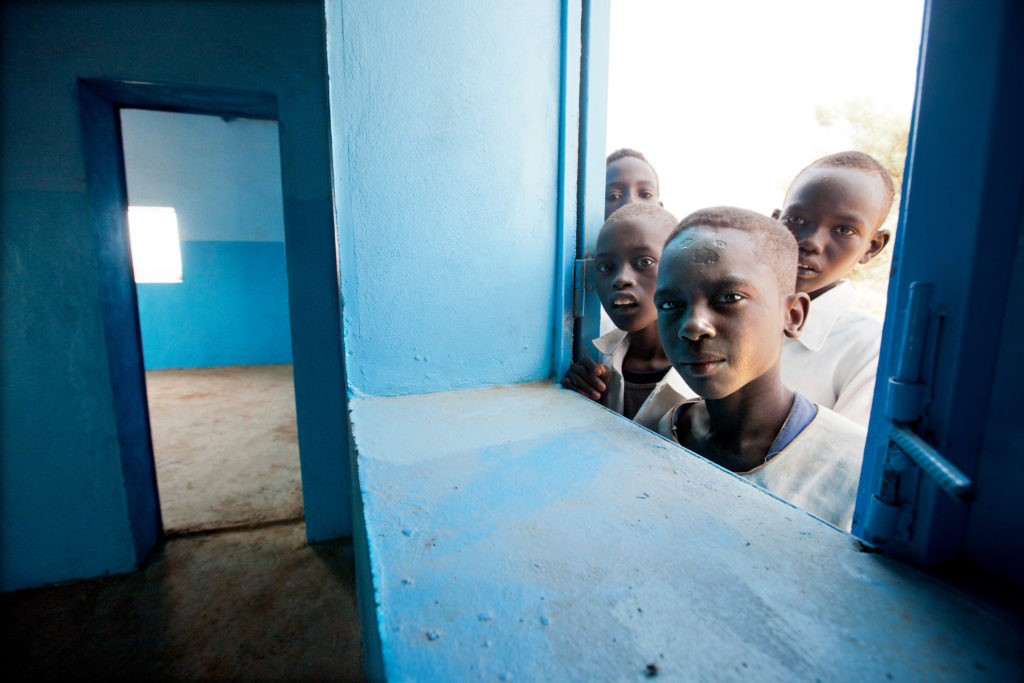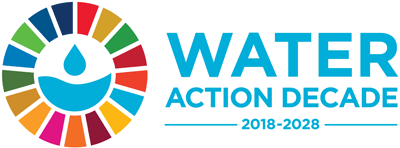
The Water Supply and Sanitation Collaborative Council (WSSCC) works on strengthened collaboration with a consortia of partners at global and national levels to address evidence gaps related to the impact of climate change and the adoption of good hygiene practices at the community-level in a select number of climate prone countries, giving special attention to the power of community-based engagement and the needs of women, girls and other vulnerable groups.
Investments in sanitation protect vital natural resources by contributing to keeping rivers, oceans and coastal seas clean and reducing degradation of productive land and fisheries. Indeed, isolating and sanitizing human excreta are necessary for a clean healthy community living environment as it helps to safeguard the overall ecosystem health by keeping biological pathogens from contaminating waterways and land. However, climate change will likely worsen the global sanitation and hygiene crisis through multiple and complex channels. These linkages need to be addressed and put on the agenda: rising severity and frequency of floods, droughts, and other extreme weather events will further threaten the sustainability of sanitation infrastructure and services for the most vulnerable populations. Rising temperatures will also accelerate the development of deadly pathogens from open defecation and unsafely managed waste. There is a general lack of understanding of how behaviour change will be affected by such extreme events and the overall implications for the most vulnerable populations to climate change, especially women.
- Organization: Water Supply and Sanitation Collaborative Council
